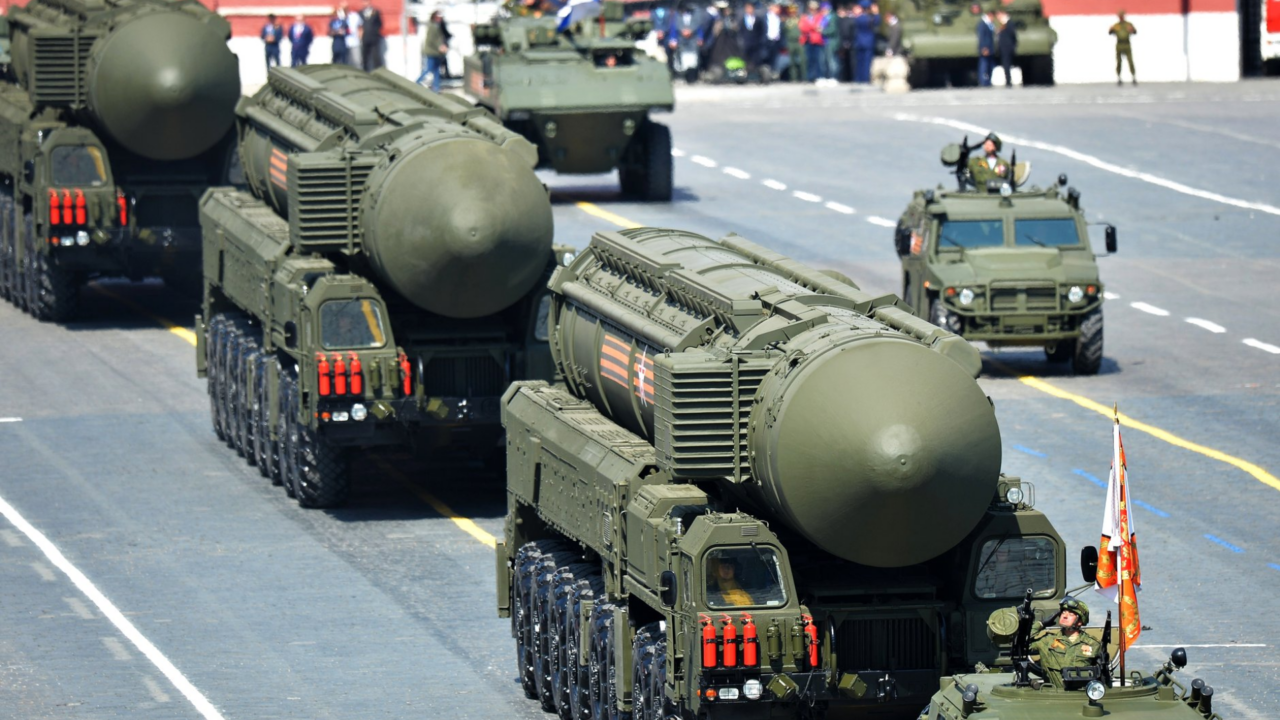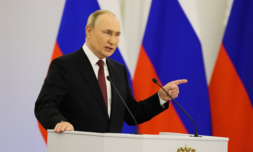Russia’s recent tactical nuclear weapons drills, in response to perceived Western threats, have raised concerns about treaty violations and global nuclear security destabilization.
Nuclear deterrent policies have played a crucial role in preventing a nuclear war since the catastrophic events of World War 2. Following this, nations globally recognized the urgent need to prevent the use of nuclear weapons through nuclear deterrence strategies and non-proliferation efforts.
However, Vladimir Putin’s recent directive to conduct drills involving tactical nuclear weapons introduces a concerning dynamic that could potentially unravel these safety nets.
The drills are a response to the Kremlin’s claims of ‘threats’ from the West and its backing of Ukraine. Recently, French President Macron expressed readiness to send troops if necessary, highlighting the significance of preventing a Russian triumph for European security.
In addition, British Foreign Secretary David Cameron pledged $3.74 billion in military aid to Ukraine, affirming Ukraine’s right to use British-supplied weapons against Russia.
Regarding the nuclear exercise announced by Russia: It is always important to make clear that nuclear weapons must not be used in this war.
— Bundeskanzler Olaf Scholz (@Bundeskanzler) May 6, 2024
Nuclear deterrent policies
Currently, many nuclear policies govern the ability of a nation to control the power of nuclear energy. However, in the context of Russia’s possibly going rogue with its arsenal, the major ones that come into force are the NPT, MAD, and NFU policies.
The Treaty on the Non-Proliferation of Nuclear Weapons (NPT) is a landmark international agreement that plays a crucial role in maintaining global nuclear stability. The treaty was signed in 1968 and entered into force in 1970.
While the treaty primarily aims to curb the proliferation of nuclear weapons, it also highlights global cooperation. The NPT promotes peaceful nuclear energy use and establishes an IAEA safeguards system to ensure nuclear materials and technology aren’t diverted for military purposes.
Additionally, the Mutual Assured Destruction (MAD), is a deterrence strategy that played a crucial role in maintaining nuclear stability between the United States and the Soviet Union during the Cold War.
The doctrine of MAD holds that if one superpower launches a nuclear attack, the other superpower would be able to retaliate with enough force to destroy the attacker, resulting in the complete annihilation of both sides. This threat of mutually assured destruction was intended to deter either side from initiating a nuclear war.
MAD is still significant today, with the US and Russia maintaining nuclear forces based on this principle. Nonetheless, with the escalating tensions the line drawn by MAD continues to falter.
Equally as important as the aforementioned strategies, is the No First Use (NFU) policy. NFU is a commitment by a nuclear-armed state to never use nuclear weapons first under any circumstances. By extension, nuclear weapons would only be used in response to a nuclear attack against the state or its allies.
Countries like China and India have adopted NFU policies, while other nuclear-armed states like the United States, Russia, the United Kingdom, and France maintain policies that allow for the first use of nuclear weapons in a conflict.




















